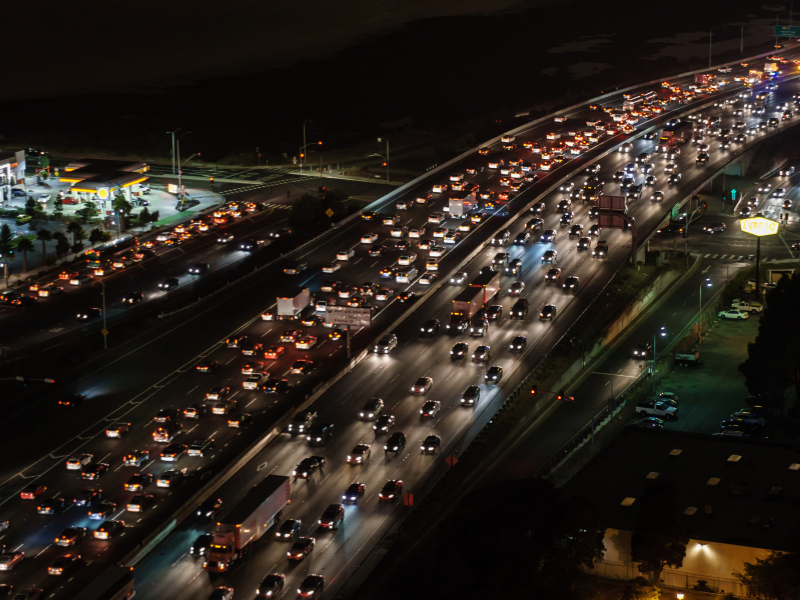According to a study conducted by the RAC and INRIX, approximately 21 million festive getaways are being planned by drivers from now until Christmas Eve. The study further reveals that 60% of these trips will be concentrated in the last three days leading up to the 25th of December. This data was collected from a sample size of 2,100 drivers.
During the weekend before Christmas, the period between 12pm and 2pm is expected to be the busiest time for travel on most major routes.
To minimise traffic congestion, avoid travelling during lunchtime. It is recommended to travel before 11am or after 6pm on both December 22nd and 23rd. These times are considered ideal for reaching your destination with fewer delays, allowing you to spend quality time with your loved ones.
Also, check websites such as Traffic England, Traffic Wales, Traffic Scotland and Traffic Northern Ireland for updates and incidents that may affect your route.
